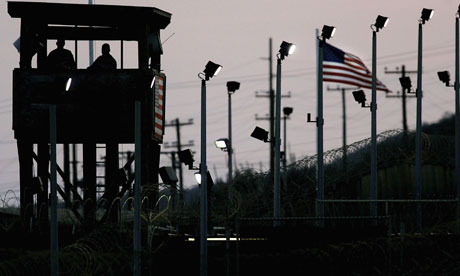Evolution does not favour selfish people, according to new research.
This challenges a previous theory which suggested it was preferable to put yourself first.
Instead, it pays to be co-operative, shown in a model of "the prisoner's dilemma", a scenario of game theory - the study of strategic decision-making.
Published in Nature Communications, the team says their work shows that exhibiting only selfish traits would have made us go extinct.
Game theory involves devising "games" to simulate situations of conflict or co-operation. It allows researchers to unravel complex decision-making strategies and to establish why certain types of behaviour among individuals emerge.
Freedom or prison
A team from Michigan State University used a model of the prisoner's dilemma game, where two suspects who are interrogated in separate prison cells must decide whether or not to inform on each other.
In the model, each person is offered a deal for freedom if they inform on the other, putting their opponent in jail for six months. However, this scenario will only be played out if the opponent chooses not to inform.
If both "prisoners" choose to inform (defection) they will both get three months in prison, but if they both stay silent (co-operation) they will both only get a jail term of one month.
The eminent mathematician John Nash showed that the optimum strategy was not to co-operate in the prisoner's dilemma game.
"For many years, people have asked that if he [Nash] is right, then why do we see co-operation in the animal kingdom, in the microbial world and in humans," said lead author Christoph Adami of Michigan State University.
Mean extinction
The answer, he explained, was that communication was not previously taken into account.
"The two prisoners that are interrogated are not allowed to talk to each other. If they did they would make a pact and be free within a month. But if they were not talking to each other, the temptation would be to rat the other out.
"Being mean can give you an advantage on a short timescale but certainly not in the long run - you would go extinct."
These latest findings contradict a 2012 study where it was found that selfish people could get ahead of more co-operative partners, which would create a world full of selfish beings.
This was dubbed a "mean and selfish" strategy and depended on a participant knowing their opponent's previous decision and adapting their strategy accordingly.
Crucially, in an evolutionary environment, knowing your opponent's decision would not be advantageous for long because your opponent would evolve the same recognition mechanism to also know you, Dr Adami explained.
This is exactly what his team found, that any advantage from defecting was short-lived. They used a powerful computer model to run hundreds of thousands of games, simulating a simple exchange of actions that took previous communication into account.
"What we modelled in the computer were very general things, namely decisions between two different behaviours. We call them co-operation and defection. But in the animal world there are all kinds of behaviours that are binary, for example to flee or to fight," Dr Adami told BBC News.
"It's almost like what we had in the cold war, an arms race - but these arms races occur all the time in evolutionary biology."
Social insects
Prof Andrew Coleman of Leicester University, UK, said this new work "put a break on over-zealous interpretations" of the previous strategy, which proposed that manipulative, selfish strategies would evolve.
"Darwin himself was puzzled about the co-operation you observe in nature. He was particularly struck by social insects," he explained.
"You might think that natural selection should favour individuals that are exploitative and selfish, but in fact we now know after decades of research that this is an oversimplified view of things, particularly if you take into account the selfish gene feature of evolution.
"It's not individuals that have to survive, its genes, and genes just use individual organisms - animals or humans - as vehicles to propagate themselves."
"Selfish genes" therefore benefit from having co-operative organisms.


